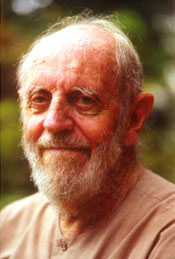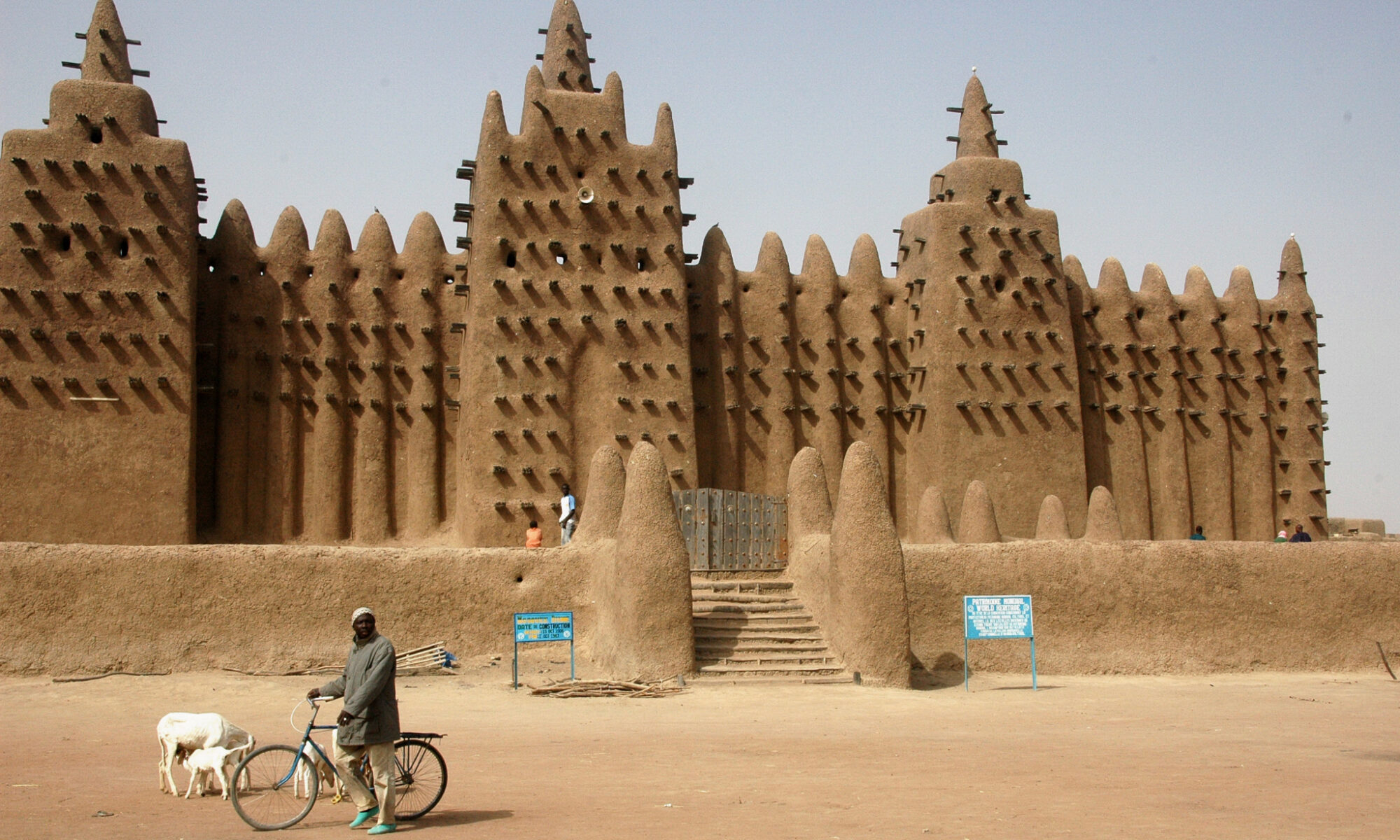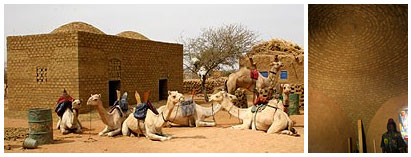
Lawrence Wilfred “Laurie” Baker (March 2, 1917 – April 1, 2007) was an award-winning English architect, renowned for his initiatives in low-cost housing by using traditional techniques, materials and crafts such as mud and thatch. He went to India in 1945 in part as a missionary and since then lived and worked in India for over 50 years. He obtained Indian citizenship in 1989 and resided in Thiruvananthapuram (Trivandrum), Kerala. In 1990, the Government of India awarded him with the Padma Shri, the nation’s fourth highest civilian award, in recognition of his meritorious service in the field of architecture.
“You can’t get more sustainable or renewable a resource than mud, and Baker is its champion. Approximately 58 percent of all buildings in India today are made of mud brick, some as many as 50 to 100 years old. Mud is gathered either at the construction site or very nearby, formed into bricks and dried in the sun. It is readily available and can be made by people with limited initial training—all resulting in projects that can be built at a fraction of the cost of those using concrete and steel. Baker is especially fond of mud’s total recycle-ability: simply add water and reuse it.”
– Farewell Laurie Baker
Links: Of Mud and Men: Architecture as a Political Act | Of Architectural Truths and Lies | Laurie Baker’s Creative Journey | Mud: Laurie Baker

